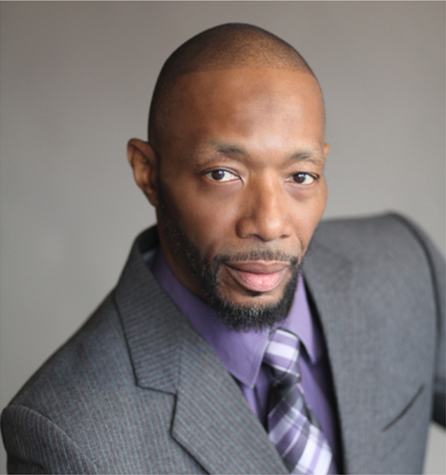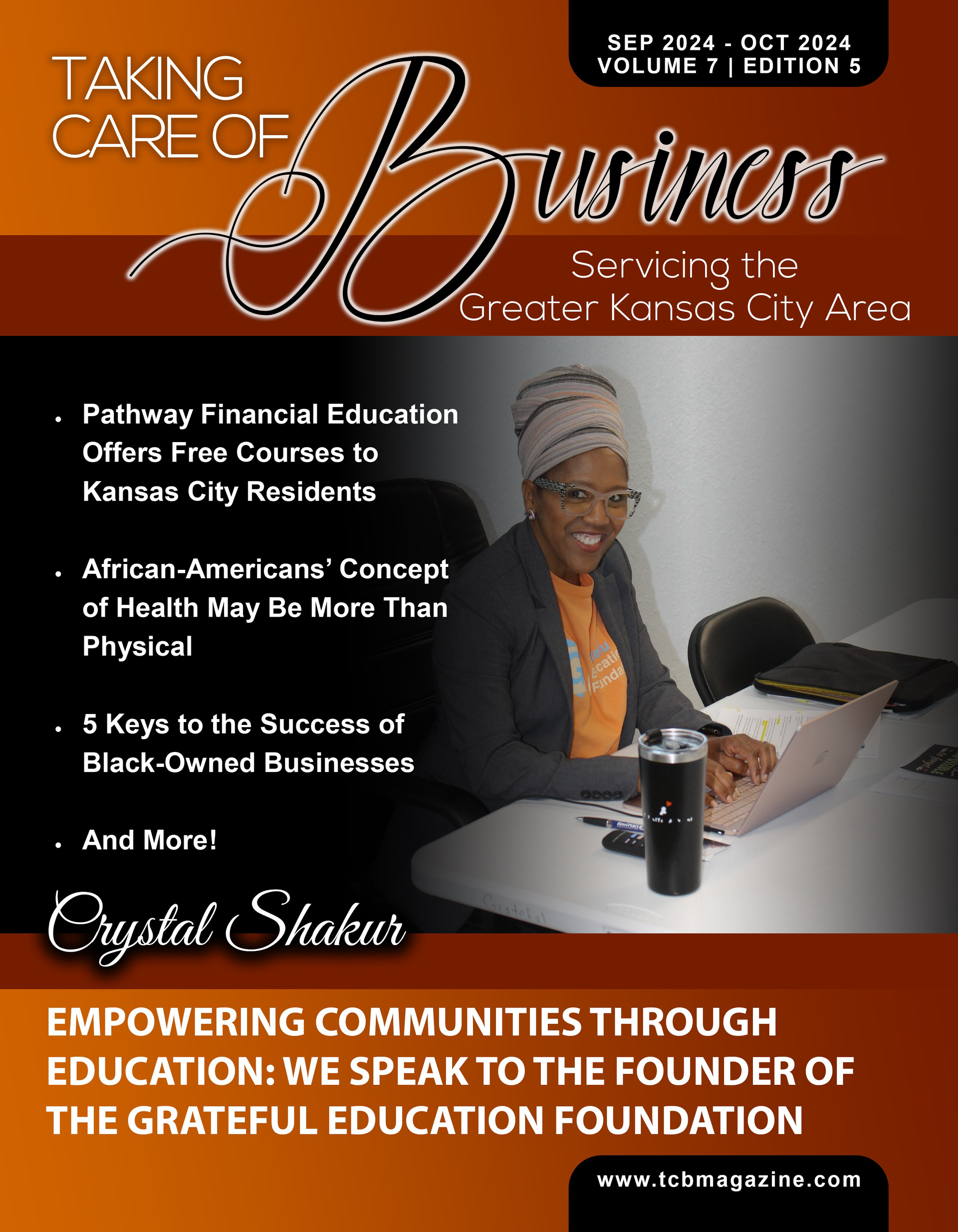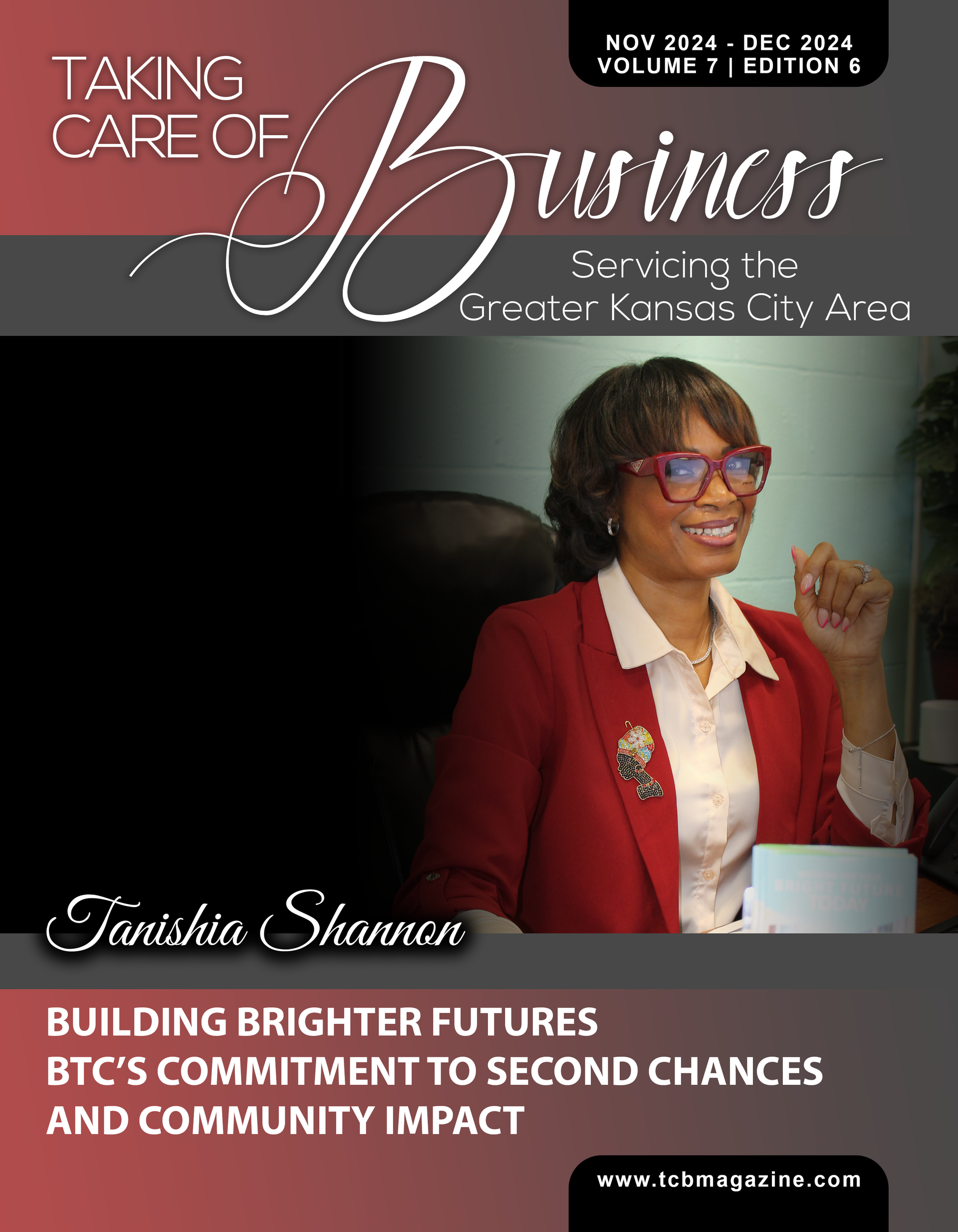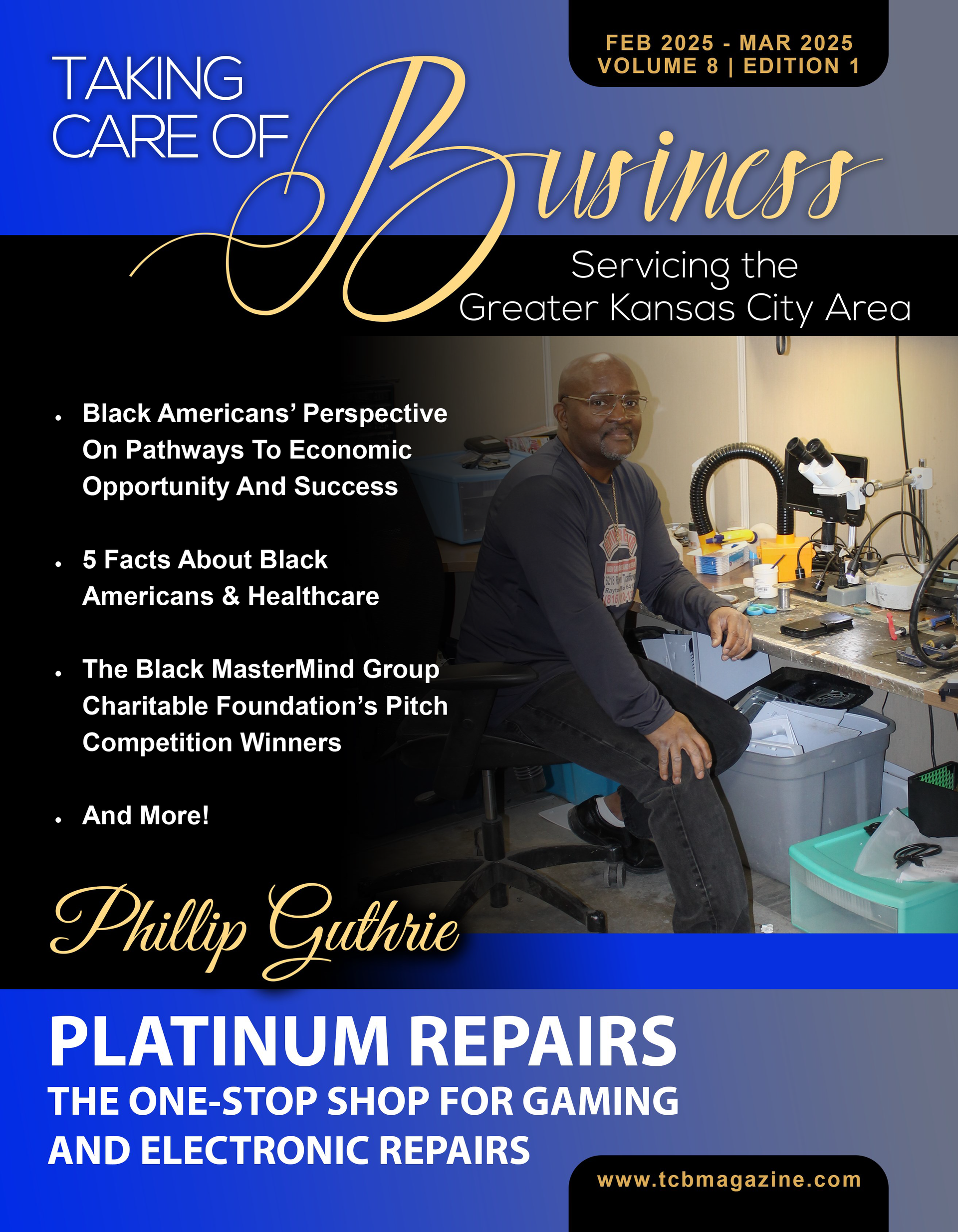Mental Health First Aid, Minority Health, and Wellbeing
As Juneteenth marked an important commemoration of the abolition of slavery in the United States, it is not only a reminder of hope and resilience, but also a reminder of the work that remains in the efforts toward mental health equity in Black communities.
Kimberly Arnold, PhD, MPH, is a health equity activist-scholar, Mental Health First Aid Research Advisor, and an assistant professor at the University of Pennsylvania. In part one of Dr. Arnold’s blog, she discussed the importance of understanding the connection between historical trauma and the physical and psychological wellbeing of Black communities, and emphasized the need to reduce stigma, push for equitable access to mental health resources and services, and celebrate the achievements of Black people throughout history.
This blog focuses on why community-engaged research is important for mental health equity in Black communities, Dr. Arnold’s work in delivering mental health interventions in Black schools and churches, and her thoughts on the future of the community-engaged mental health research field.
The journey to community-engaged research
Although she had always been interested in reducing health disparities disproportionately facing Black people in the United States, Dr. Arnold remembers learning important lessons throughout her graduate studies that made her want to work in this field even more. She said, “What I didn’t initially realize was that [racism, discrimination and inequities in social determinants of health] are forms of trauma.
Being disrespected and denied opportunities because of the color of your skin is traumatic. Not having access to healthy, affordable foods or safe, affordable places to exercise in your neighborhood is traumatic. Being zoned to attend under-resourced schools is traumatic. … By the end of my MPH [Master of Public Health] program, I knew that I wanted to dedicate my career to using community-engaged research approaches to study, implement and evaluate public policy, health services and community-based solutions to reducing health disparities and advancing mental health equity for Black Americans.”
Dr. Arnold continued studying community-engaged research during her doctoral studies and her fellowship with the National Institute of Mental Health. She recounts a particularly memorable program, called “RAP Club,” in Baltimore, which focuses on prevention and expanded her knowledge on how to improve evidence-based interventions in real-world settings.
RAP Club employs evidence-based practices like mindfulness and cognitive behavioral therapy. Researchers, Black youth and community board members adapted it before using it in 30 middle schools. Dr. Arnold said, “I saw first-hand how the program helped students understand trauma and its effects, identify stress and deal with it positively, control their emotions and use mindfulness to improve their mental wellbeing.” Her interviews with school staff also provided her with an understanding of the importance of addressing complex factors to improve the adoption, implementation, and sustainability of mental health interventions in under-resourced schools.
Empowering communities: Insights from the field
Dr. Arnold’s current research focuses on improving health equity in places like schools and churches in predominantly Black communities. She said this is a strategic approach because Black children spend most of their time in school, and many Black adults are connected to or live near a church.
“Mental health ecosystems within predominantly Black schools and churches … have the capacity to provide comprehensive mental health support to Black populations that tend to have limited access to mental health care,” she explained. In these settings, a three-part approach of mental health education and promotion, screening and interventions, and intensive support or referrals to specialized care could be offered for different groups of people.
Despite recent advancements, there is still a gap between local mental health systems, schools, and churches. For Black churches, financial barriers, lack of partnerships between mental health organizations and faith communities, and stigma may be some factors influencing the uptake of these programs. Dr. Arnold noted, “Although Black churches have a long legacy of being a community hub for spirituality, social justice, social support, economic and political power, and health promotion, mental health is still not discussed or addressed as often in Black churches compared to physical health conditions such as diabetes, cancer or hypertension. There is still room for advancement of mental health equity in both schools and churches, so we still need to continue reducing mental health disparities in both settings!”
The future of community-engaged research
To meet the needs of various communities across the country, community-engaged mental health research must continue to expand and evolve. Dr. Arnold shared several advancements that she hopes to see in the next few years.
- Community Involvement: Engaging communities as active and equal participants in all steps of research, such as design, implementation, evaluation and dissemination, is key. This helps create a sense of shared ownership, ensures ethical research practices, and makes the research more responsive, applicable, practical and beneficial to communities.
- Asset-based research approaches: Exploring and highlighting the strengths, resilience and positive coping mechanisms within communities can lead to more effective and sustainable mental health interventions.
- Culturally tailored interventions: Working together with communities to develop, adapt and implement mental health interventions that fit their culture will allow community members to see themselves in the program and address their specific mental health concerns.
- Diversity in participants and community settings: Actively including and recruiting participants from a variety of backgrounds helps researchers understand the unique mental health needs and experiences of different community members. In addition to schools and churches, there is a need to increase the implementation, evaluation and sustainability of mental health interventions in community settings such as beauty salons, barbershops and recreational centers.
- Sustainable multi-sector partnerships: Building partnerships with different groups, including community members, researchers, mental health providers, administrators and advocates, can help move research forward. These partnerships can also help groups develop research priorities together and share findings effectively.
Some of these recommendations have already shown positive results in the field. For example, teaching Mental Health First Aid to barbers and hairstylists has helped them recognize the signs of mental health challenges in their clients. The Black Faith and Mental Health Coalition, which Dr. Arnold recently co-founded with faith and mental health stakeholders, brings together churches, mental health providers, community-based mental health organizations, civic leaders, and academics to implement evidence-based mental health interventions, connect faith community members to local mental health services, and conduct community partnered mental health services research. But the work continues.
“By advancing in these areas, community-engaged mental health research can become more responsive, practical and impactful. This collaborative approach has the potential to generate more relevant insights, reduce mental health disparities and promote the overall wellbeing of diverse communities,” Dr. Arnold said.

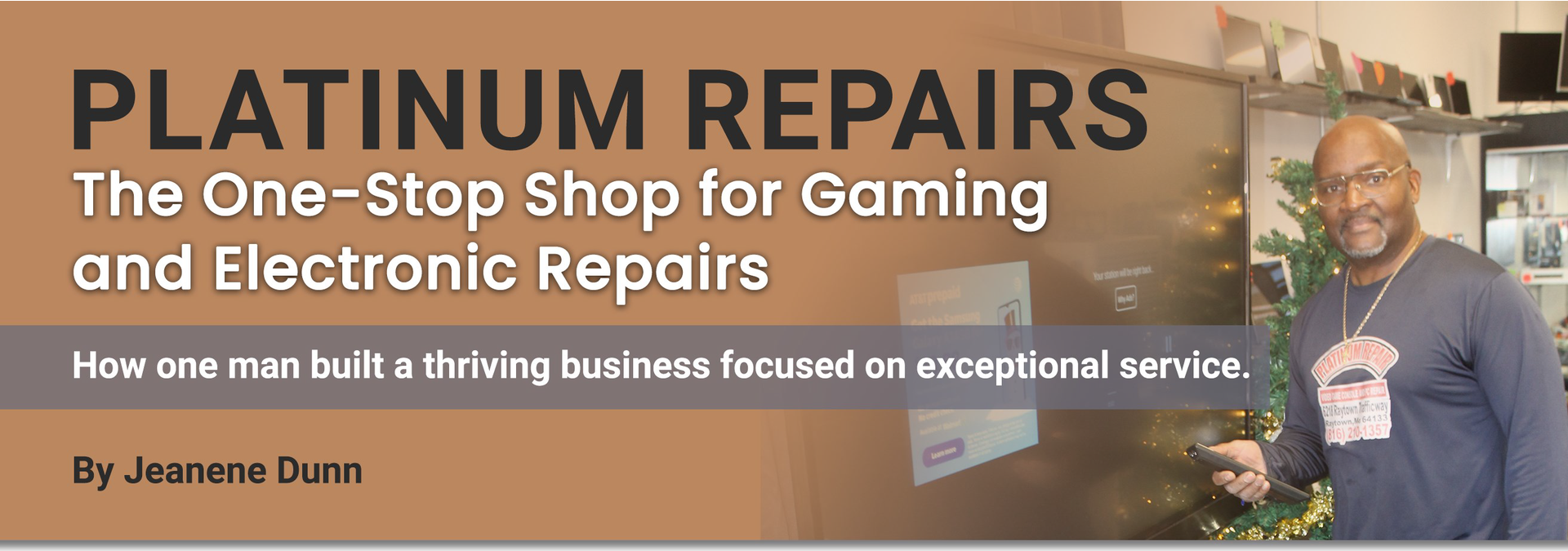

About Us
Taking Care of Business is your go-to magazine for empowering the black business community. With a focus on entrepreneurship, finance, and wellness, we offer tailored insights and inspiring stories to help professionals thrive. We champion diversity and foster growth in the black community.
Mailing List
Join the Newsletter
We will get back to you as soon as possible
Please try again later
Follow Us
Stay connected with Taking Care of Business for the latest updates, articles, and insights! Follow us on social media to join the conversation, get inspired, and stay informed about the vibrant world of black entrepreneurship and business excellence. Don't miss out – follow us today on Facebook, Instagram, Twitter, and LinkedIn!
Copyright © 2025. Taking Care of Business Magazine. All rights reserved. • Powered by Digital Media Partners
